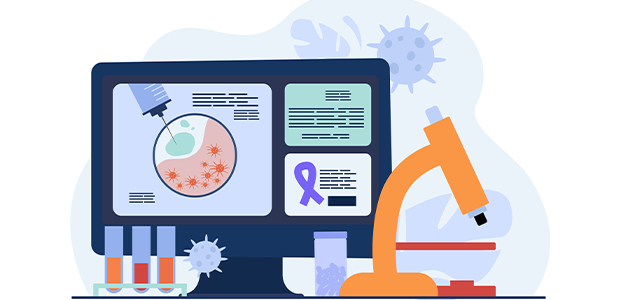
Pioneering drug discovery: Oxford University and Apollo Therapeutics unite
The University of Oxford has partnered with Apollo Therapeutics, a biopharmaceutical company, to accelerate drug discovery and development. This collaboration aims to translate Oxford’s biomedical breakthroughs into new, impactful medicines.
Under this agreement, Apollo Therapeutics will identify and evaluate promising therapeutic targets discovered by Oxford’s researchers. In turn, Oxford’s teams will benefit from Apollo’s expertise in therapeutic development and access to programme funding. This synergy promises to enhance patient access to clinical trials and expedite the journey of new medicines to market.
The collaboration is fuelled by the exceptional quality of science and the thriving innovation ecosystem at Oxford. This environment has fostered a significant number of early-stage drug development programmes. Apollo’s experts in drug discovery will leverage this foundation to support the creation of new treatments, particularly in the fields of oncology, immunology, and inflammatory disorders. The ultimate goal is to revolutionise global standards of care through these advanced medical solutions.
Science and Technology Secretary, Peter Kyle, Department for Science, Innovation & Technology, said: “We want to harness life sciences to transform the UK’s healthcare and drive economic growth. Together, Apollo and Oxford University could deliver new medicines to help us tackle cancer, autoimmune disease, and more, improving and saving thousands of lives.
“The life sciences sector is open for business under this Government. We know that the best and boldest breakthroughs happen when industry and academia join forces, backed by government, and this partnership between Apollo and Oxford is proof of exactly what can be unlocked when we open the doors to collaboration.”
Professor Chas Bountra, Pro-Vice Chancellor for Innovation at the University of Oxford, said: “My amazing colleagues at Oxford have numerous cutting-edge research programmes for producing novel therapeutics for patients. Apollo Therapeutics has assembled a world leading team of drug discovery and development experts. Together we are going to transform the lives of millions of patients. I am immensely excited about this collaboration.”
This latest collaboration, Apollo’s sixth agreement with a university or academic research centre, will bring the in-house expertise and resources of Apollo to Oxford’s world class researchers from across the university. It will further bolster Apollo’s scalable R&D platform for the evergreen discovery and development of new medicines.
Dr Richard Mason, Chief Executive Officer of Apollo Therapeutics, said: “At Apollo Therapeutics we are ambitious in our mission to translate important new research discoveries into valuable new drugs. We are therefore delighted to be collaborating with the University of Oxford, a university that is consistently at the top of global rankings for scientific research and innovation. We are now working together with six of the world’s top universities and research centres to transform the standard of care in major commercial markets based on breakthroughs in biology and basic medical research made by scientists at these institutions.”
The University of Oxford joins Apollo’s other five world-class research institutions: the University of Cambridge, Imperial College London, University College London, King’s College London and the Institute of Cancer Research.
Dr Mairi Gibbs, CEO of Oxford University Innovation, said: “We’re keen to provide our academic researchers with multiple avenues to realise the full potential of their cutting-edge research as quickly as possible. If we boost the funding and expertise provided to very early phase drug development programmes this will hasten their progress towards becoming medicines with the potential to licence to industry or become spinout companies. With the support of the research commercialisation team at Oxford University Innovation and our investment partners, we want to speed up the development of more life-saving medicines to help patients most in need.”

